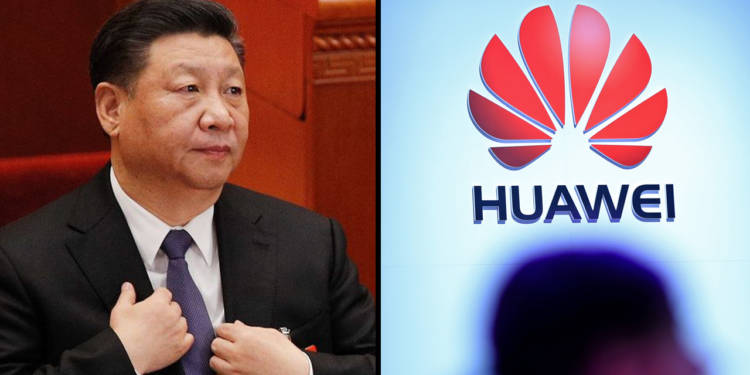In a major turn of events, the Chinese ambassador to India, Sun Weidong spoke to TOI and stated that China believed that India would take an independent and fair decision on Huawei’s participation in India’s 5G services. He also expressed that China believed that India would provide a fair, open and non-discriminatory environment for Chinese enterprises. During his interaction with TOI, he also went on to strongly push for “independent” Huawei’s proposed 5G services in India. Sun also tried to highlight the Chinese tech giant as an important contributor to India’s IT industry and economic development. It must be noted that this stance represented by the Chinese Ambassador is in sharp contrast to the position taken by China earlier when Chinese officials had met Vikram Misri, the Indian ambassador to China in Beijing and suggested that Indian companies operating in China would face reverse sanction if the country bans Huawei, the CEO of which is closely associated with the ruling Chinese Communist Party.
It must be noted that this interaction by the Chinese Ambassador comes at the heels of India’s leading telecom players, Bharti Airtel and Reliance Jio shunning Huawei in their 5G rollout plans. According to a media report, while Reliance Jio tied up with South Korean telecom major Samsung, Bharti Airtel is finalising its agreements to tie up with European tech firms Nokia and Ericsson, for 5G trials. This was seen as an indication of Huawei being excluded especially because the National Security Advisory Board has already flagged security concerns over Huawei’s 5G technology. “When it comes to security, we cannot take any chances,” said NSAB member V. Kamakoti who is also a professor at IIT Madras.
China has softened its stance from its earlier tone threatening India of ‘reverse sanctions’, as it cannot afford to spook the Indian market. As per an earlier report, a senior government official had told The Indian Express, “Now that there are warnings from China (about reverse sanctions), the Indian government is also expected to adopt a different posture. If this was done through backdoor channels in the normal (diplomatic) course, it would have been better for Huawei. If the government concedes, it will be seen as pandering to Chinese (threats).” This showed the government’s reluctance towards the Chinese technology giant.
The decision by India’s leading telecom operators to tie up with other technology firms corroborated India’s reluctance towards the leading 5G giant Huawei though the government has not yet taken an official stand on Huawei. It must be noted that this seems to have come as a major setback for Huawei. The tech giant which enjoyed a dominant position at a global only till about a year ago when it had overtaken the American Tech giant Apple as the second largest smartphone maker in the world trailing just behind the South Korean tech giant- Samsung. However, the fortunes of Huawei have dipped in a dramatic manner this year. The issue of security breach has been very harmful for Huawei in last few months. Many major markets of Huawei like United States, United Kingdom, France, Germany, Japan, and Australia have banned Huawei over security concerns.
The US blacklisted Huawei over the charges of espionage and doing business with Iran. The company was hit hard due to the ban as it could no longer do business with American companies which are an integral part of its manufacturing ecosystem. The Trump administration has also been pressurising its European allies to sever ties with the Chinese smartphone giant. Although the European Union hasn’t blacklisted the Chinese tech giant, some countries have expressed reservations and might introduce regulations that could severely impact the Chinese smartphone giant. This is only going to make matters worse for the smartphone maker.
China seems to have realised that it can no longer strong-arm India into taking a favourable decision about Huawei. Therefore, it seems to have quickly moved towards course correction. In order to address the security concerns, Chinese Ambassador, Sun went to the extent of defending its technology and security as blameless. He then seemed to have tried to convince that Huawei has played a positive role in India’s context and said that the tech giant has operated in India for 20 years in compliance with the law. He also made a reference towards how the Chinese tech firm has hired about 6,000 employees in India with a localisation rate of over 90%.
There is a sharp shift in the Chinese approach over Huawei in India. Earlier, it seemed far more aggressive in its attempt to push Huawei into 5G trials in India. However, with India’s leading telecom operators shunning Huawei, China seems to have received a subtle hint about how India is not going to succumb to pressure. Huawei is already facing the risk of a downward spiral across the globe and in such a situation it does not come as a surprise that China is now looking to negotiate and persuade India about Huawei. This is why, the Dragon has suddenly moved from threatening with reverse sanctions to hoping for an open, fair and non-discriminatory environment for Chinese enterprises in India.

























